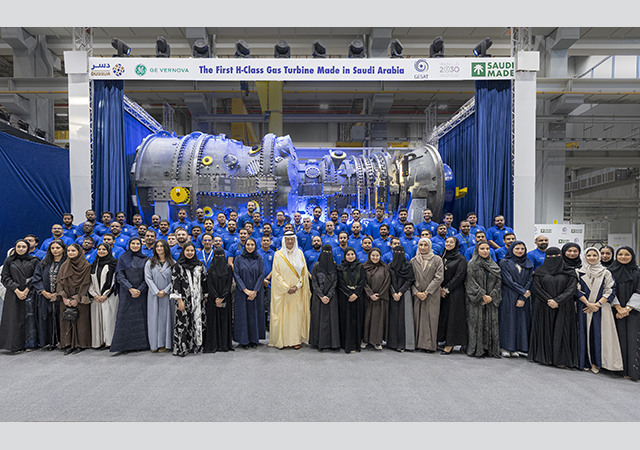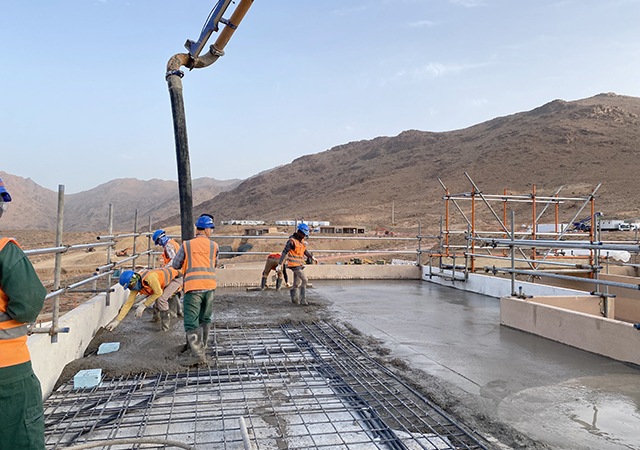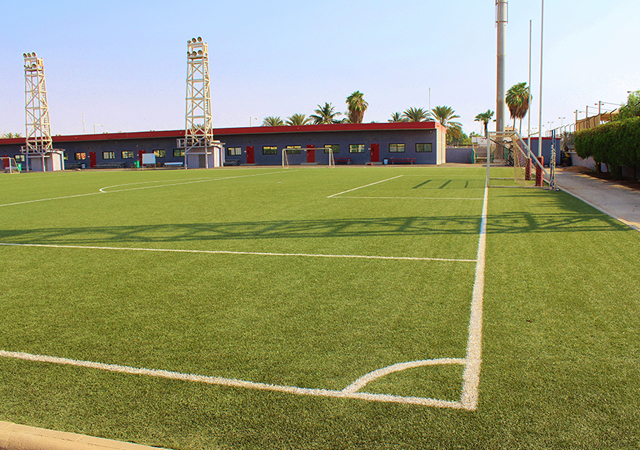
 The SaudiMade stand at Build Expo Kenya held in Nairobi in June.
The SaudiMade stand at Build Expo Kenya held in Nairobi in June.
Saudi-made products are gaining international recognition for their quality, innovation and, more recently, technical superiority. The industrial drive, initially launched by Saudi Arabia to reduce its imports through import substitution, has resulted in a remarkable transformation in the manufacturing sector which is now proving its diverse production capabilities. The kingdom’s building and construction products portfolio alone ranges from cranes to sophisticated turbines, and from air-conditioners to solar panels.
The Made in Saudi Arabia (MiS) initiative has played a pivotal role in promoting these products, highlighting the country’s commitment to economic diversification and self-sufficiency. As Saudi-made products continue to enter global markets, they are becoming synonymous with excellence and innovation.
The Made in Saudi Programme was launched just over three years ago as a National Industrial Development and Logistics Program (NIDLP) initiative managed by the Saudi Export Development Authority (Saudi Exports). This governmental body is now focused on increasing Saudi non-oil exports and helping support the kingdom in achieving its Vision 2030 objectives.
To date, around 2,320 companies and 12,260 products are registered in the ‘Made in Saudi’ Programme. Among the companies catering to the building and construction sector that have joined the programme recently are Honeywell, which in March announced that it will be the first gas detector manufacturer in MiS; Al Manara Factory Company for Electrical Panels, a leading manufacturer of electrical panels; Desert Technology, which exports more than 900,000 solar panels annually; Al-Rowad Company for Industry and Trade factory, a leading manufacturer of sanitary supplies; Omran Najd Industry Company, a readymix concrete manufacturer; Daymat Manufacturing Factory, a specialist in air-conditioning solutions and fire-fighting system accessories; Itqan Engineering for Industry, an engineering company offering world-class solutions for the oil and gas industry and the general engineering sector.
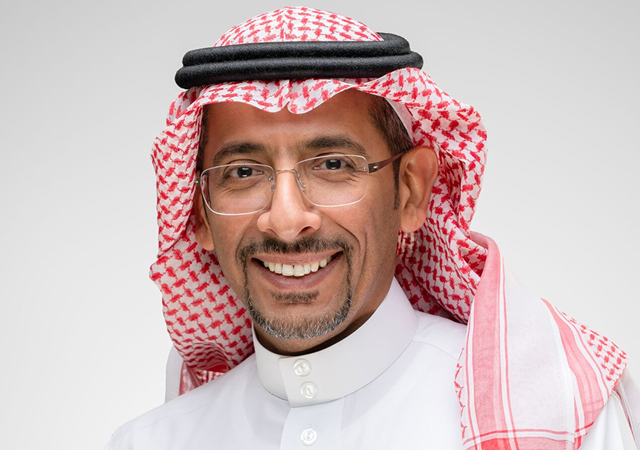 |
|
Alkhorayef ... remarkable surge in non-oil exports. |
According to Saudi Exports Chairman Bandar Ibrahim Alkhorayef, who is also Saudi Arabia’s Minister of Industry and Mineral Resources, the kingdom’s non-oil exports witnessed a remarkable surge in 2023.
In the Saudi Export Development Authority’s annual report for 2023, Alkhorayef highlighted that the total value of the country’s non-oil exports reached SR458 billion ($122 billion) last year, with goods exported reaching SR215 billion. Notably, services exports experienced a significant increase of over 52 per cent year-on-year, reaching SR182 billion.
Saudi Exports, which has been instrumental in supporting the kingdom’s exporters, has launched initiatives such as the export house licensing service and the “Saudi Technology” sub-brand to promote local products and enhance their competitiveness in global markets.
Additionally, the authority has provided financial incentives to exporters to support their activities and has actively participated in 10 international exhibitions and nine trade missions to forge partnerships and connect Saudi companies with export opportunities.
Among the exhibitions held in Riyadh to promote Saudi products was the second edition of “Made in Saudi Arabia” exhibition, which took place last October. The event saw the participation of 120 companies and the signing of 60 agreements and memorandums of understanding – ranging from export agreements to industry localisation agreements, with a value exceeding SR1 billion. “Saudi Technology” sub-brand and export house licensing service were launched on the sidelines of the event.
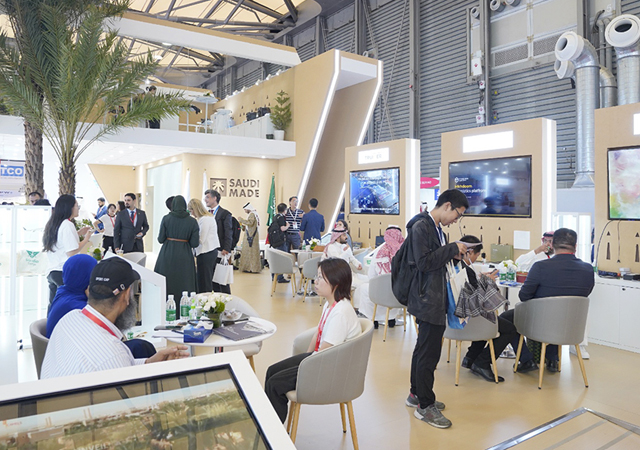 |
|
Saudi products were promoted at the recent Transport Logistic China exhibition. |
The authority also spearheaded the participation of Saudi companies in the Build Expo Kenya held in Nairobi in early June and Transport Logistic China exhibition held at Shanghai New International Expo Centre in late June.
One of the key factors contributing to the growth of Saudi non-oil exports has been the increased focus on quality and innovation. Saudi businesses have been investing in research and development to create products that meet international standards and appeal to global consumers. Moreover, the government has been providing incentives and support to encourage entrepreneurship and innovation in the export sector.
Another important factor driving the growth of Saudi exports has been the kingdom’s strategic partnerships with other countries. Saudi Arabia has been actively seeking to expand its trade relationships with key markets, both regionally and globally. By forging alliances and agreements with other nations, Saudi exporters have been able to gain access to new markets and expand their customer base.
As Saudi Arabia continues to diversify its economy and strengthen its international partnerships, it is expected that non-oil exports will play an even more significant role in the kingdom’s future prosperity.

















.jpg)













 (1).jpg)














































